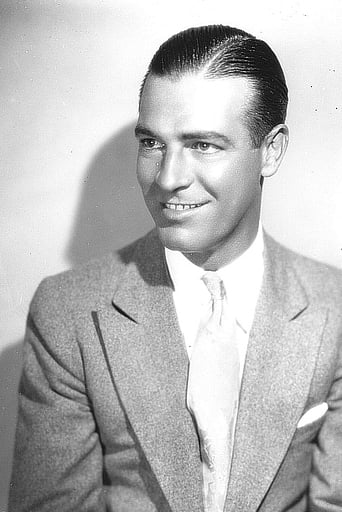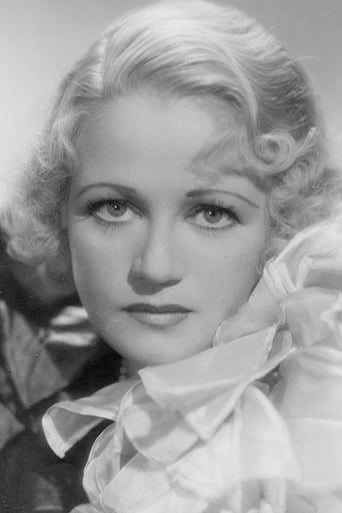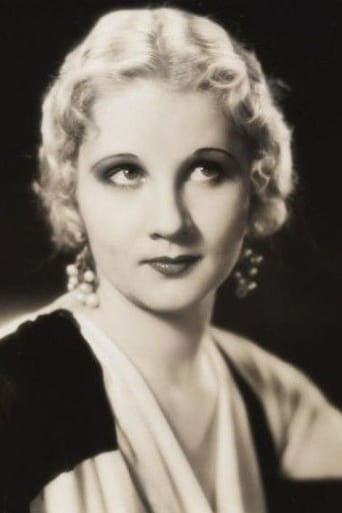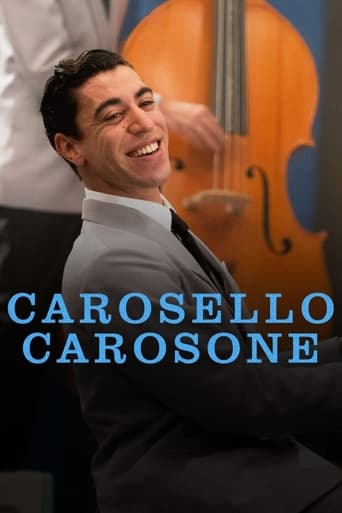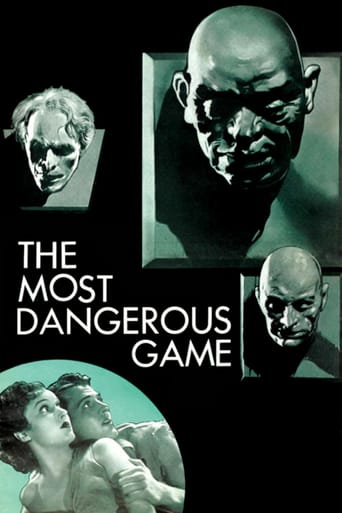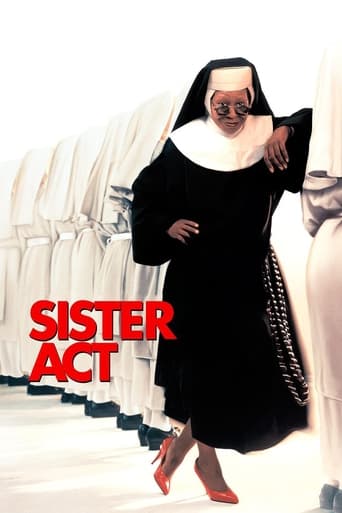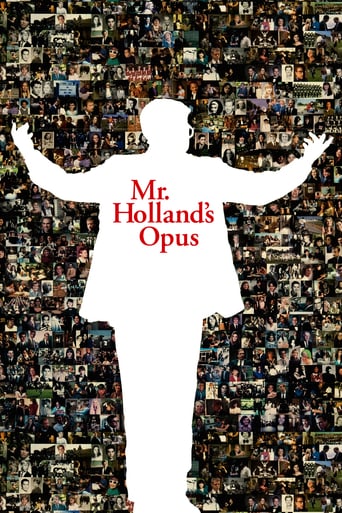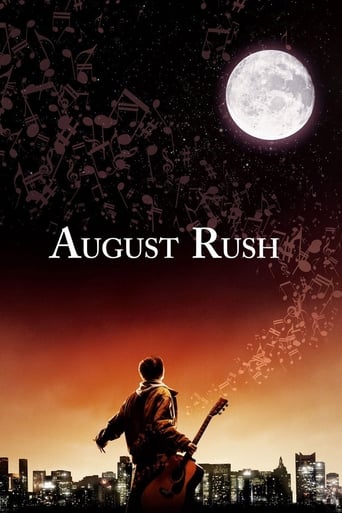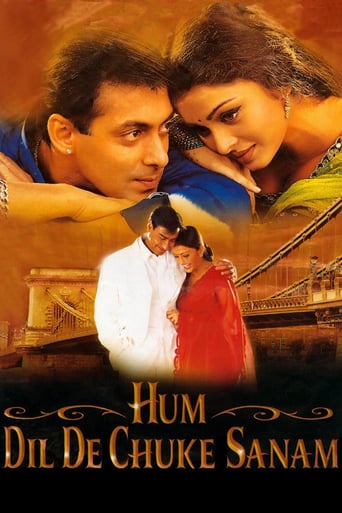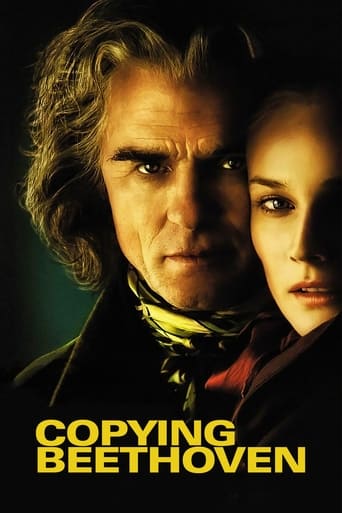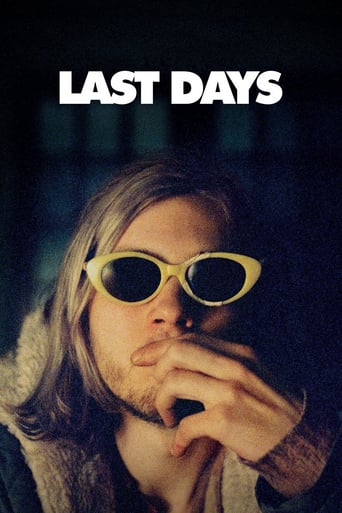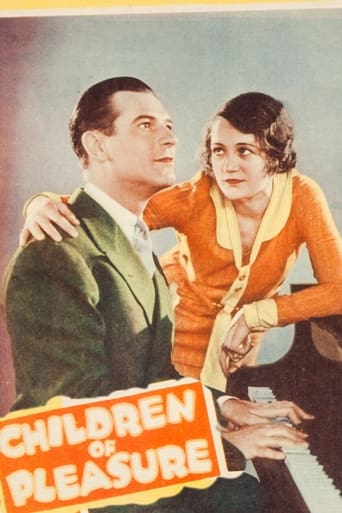
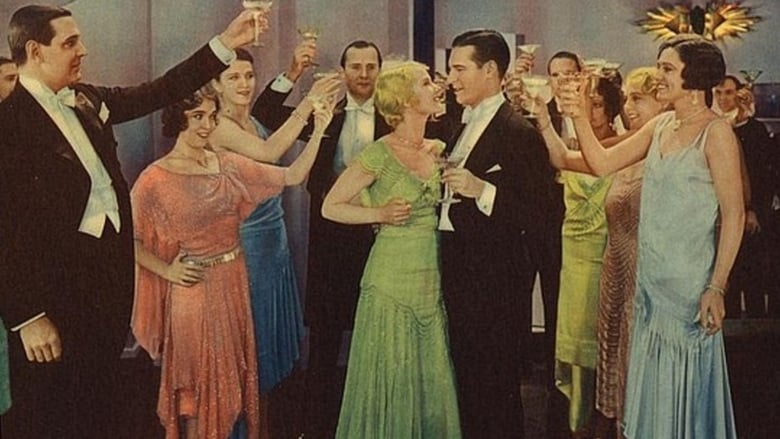
Children of Pleasure (1930)
A successful songwriter, dazzled by high society, falls for a society girl who is just playing around.
Watch Trailer
Cast


Similar titles
Reviews
I guess making sure that lead Lawrence Gray had his origins in the Bronx instead of Manhattan's Lower East Side was MGM's way of making sure Irving Berlin did not sue them. He was a most litigious man you know.Gray is a Broadway composer of note who aspires to marry into high soceity. The object of his affection is Judith Wood, but he can't see for beans his assistant Wynne Gibson for once playing a good girl in a movie. I will say the usual ending is not what you will see.Gray was a singer who had a pleasant voice you will discover, but had no real screen presence. He appeared in a few early musicals, but his career ran out of gas. Wood has some real bite in her performance as the spoiled self indulgent society woman.Some nice production numbers of some forgettable songs are in Children Of Pleasure. A pre-Code production of limited appeal.
If you want to excuse the mediocrity of "Children of Pleasure," you can point out that it was made in 1930 when movies were just learning to talk. On the other hand, over at Warner Bros., they were revving up the style and sparkle of "42nd Street" and the first "Gold Diggers" (both released in 1933.)Aside from its clumsy title, "Children of Pleasure" has unimaginative production numbers (Busby Berkeley would cringe,) a leading man, Lawrence Gray, with no charisma, embarrassing ethnic humor and a creaky plot about a songwriter who falls for a phony society dame but doesn't realize that even at their wedding rehearsal, she's thinking of divorce. Meanwhile, the secretary who truly loves him is prepared to hurl him at his heartless sweetheart. Talk about noble sacrifice! As a museum piece, it's worth watching. As entertainment, it's pretty grim.
Lawrence Gray plays Danny Regan, composer of popular love songs. The shy sort who can only express himself through syrup and corn in his music. He falls hard for a beautiful society blonde who has been through most of the eligible men on Broadway, but Danny offers the convenience of "all I have to do is push a button and I get a love song"., which is enough to impress her family and friends. Wynne Gibson plays the loyal gal Friday who loves him and May Boley is Fanny Kaye, Broadway star. Why she is a star is not amply shown by the two numbers she's in or, really any of the scenes. Benny Rubin is her piano player and perhaps boyfriend who makes cruel jokes about her which are supposed to be funny, but aren't. Most of the musical numbers look under-rehearsed, particularly a black face routine early on with Boley. Judith Wood or Helen Johnson, as she is billed here is the Park Ave. mankiller who causes all the trouble and gives a very interestingly terrible performance. Most of the cast went on with their lives, but not with their careers, except Rubin, of course. Still, even though this film is bad, bad, bad. Its fun, fun, fun.
This is a diagetic musical. "Diagetic" refers to sounds or music that has a source on the screen; when Gene Kelly starts dancing in his music and the music comes out of nowhere, that is not diagetic. In this one, about songwriter Lawrence Gray, who loves Judith Woods and is loved by Wynne Gibson, Gray sits at a piano or we see a stage in a theater. Everything is "realer". Is it better? Well, my taste runs towards the MGM musicals of the Freed era, which were not like this.Still, this is a fine early musical, eked out with the production values that MGM put into its musicals in those days, with great if stagy choreography by Sammy Lee and big production numbers, all under the direction of the underrated Harry Beaumont. He could get great performances out of mediocre actors and Wynne Gibson is a ball of fire in this one: a revelation that makes you realize that she was reined in and misused at Warner Brother.The technical people haven't solved all the technical problems of dealing with sound. The staged musical numbers sound thin in the higher register and the camera is almost entire immobile. Still, the editing under Blanche Sewell deals nicely with the issues; the songs offered are pretty good; and the parade of cameos is interesting.


